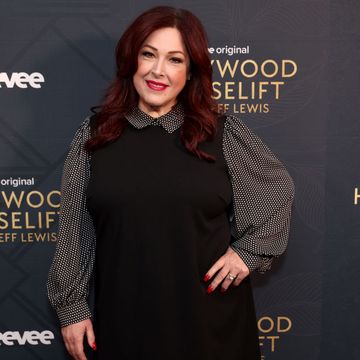- Low-carb diets like keto and paleo are extremely popular.
- Recent research presented at the American College of Cardiology's Annual Scientific Session suggests that going too low-carb might be linked to an irregular heartbeat.
- While the research only shows an association, not causation, it's worrisome because irregular heartbeats have been linked to a higher risk of stroke.
Low-carb diets may be a go-to for fast weight loss (looking at you, keto and paleo), but they come with a red flag.
People who depend on carbs for less than 45 percent of their daily calories are more likely to develop atrial fibrillation (AFib), or an irregular heartbeat, according to research presented at the American College of Cardiology’s Annual Scientific Session.
“The long-term effect of carbohydrate restriction is still controversial, especially with regard to its influence on cardiovascular disease,” said Xiaodong Zhuang, MD, PhD, a cardiologist and the study’s lead author. “Considering the potential influence on arrhythmia, our study suggests this popular weight-control method should be recommended cautiously.”
Worth noting: The study showed an association and didn't prove that a low-carb diet causes heart issues.
But here's why you should still care: Folks with AFib are five (!) times more likely to have a stroke than those without. Researchers believe that because low-carb dieters often eat fewer fruits, veggies, and grains (all sources of carbs), they miss out on the anti-inflammatory benefits of these foods.
Plus, eating more protein and fat may lead to oxidative stress, which has been linked to AFib too. Your carb sweet spot, per the study authors: 45 to 52 percent of your daily calories—on a 1,500-calorie diet, that means about 168 to 196 grams of carbs a day.
Reminder: These are all healthy carbs that you might want to make a regular part of your diet:

Amber Brenza is the health editor at Women's Health, and she oversees the website's health and weight loss verticals. She has years of expereince interviewing top medical and nutrition experts, as well as interpreting peer-reviewed studies in order to give readers a clear and concise understanding of the latest health news and topics. Amber has her master’s degree in journalism from Syracuse University and has held editorial or writing positions at Men’s Health, Prevention, Dr. Oz The Good Life, Tonic, and SELF prior to working at Women's Health.














